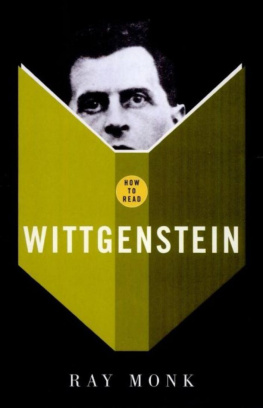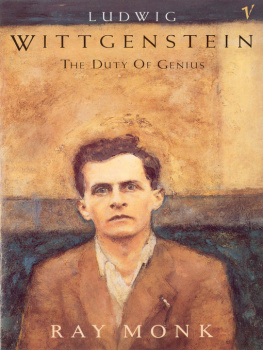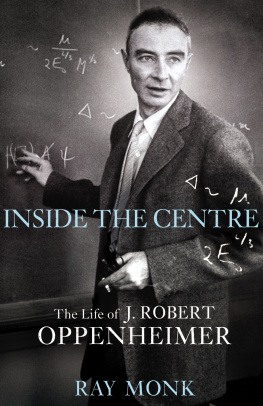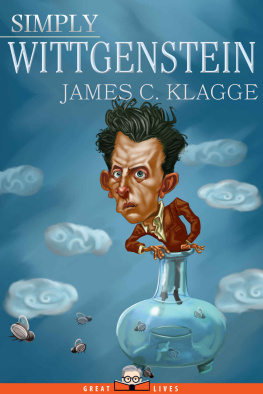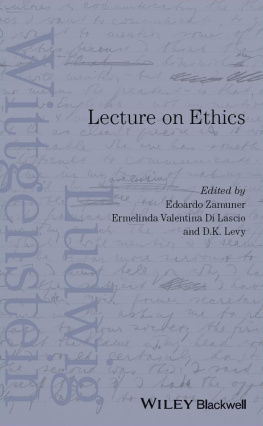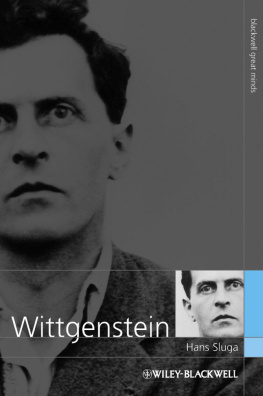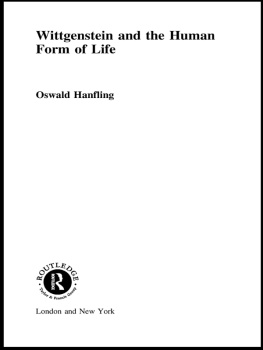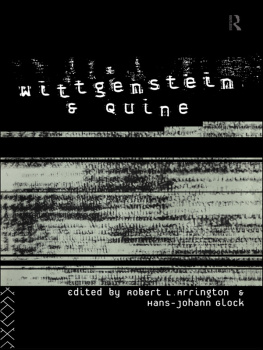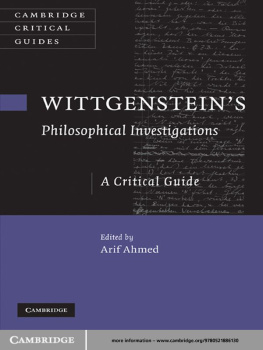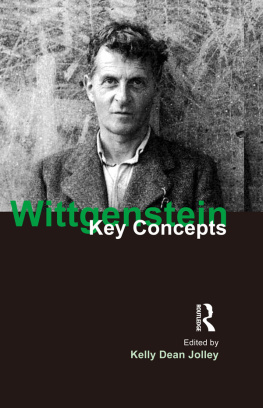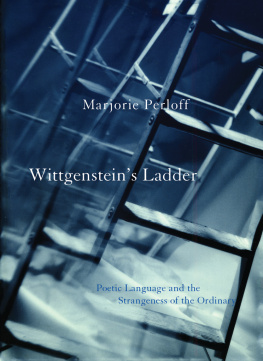This series is based on a very simple, but novel idea. Most beginners guides to great thinkers and writers offer either potted biography or condensed summaries of their major works, or perhaps even both. How toRead, by contrast, brings the reader face-to-face with the writing itself in the company of an expert guide. Its starting point is that in order to get close to what a writer is all about, you have to get close to the words they actually use and be shown how to read those words.
Every book in the series is in a way a masterclass in reading. Each author has selected ten or so short extracts from a writers work and looks at them in detail as a way of revealing their central ideas and thereby opening doors on to a whole world of thought. Sometimes these extracts are arranged chronologically to give a sense of a thinkers development over time, sometimes not. The books are not merely compilations of a thinkers most famous passages, their greatest hits, but rather they offer a series of clues or keys that will enable readers to go on and make discoveries of their own. In addition to the texts and readings, each book provides a short biographical chronology and suggestions for further reading, internet resources, and so on. The books in the How to Read series dont claim to tell you all you need to know about Freud, Nietzsche and Darwin, or indeed Shakespeare and the Marquis de Sade, but they do offer the best starting point for further exploration.
Unlike the available second-hand versions of the minds that have shaped our intellectual, cultural, religious, political and scientific landscape, How to Read offers a refreshing set of first-hand encounters with those minds. Our hope is that these books will, by turn, instruct, intrigue, embolden, encourage and delight.
Ludwig Wittgenstein (18891951) was by universal agreement one of greatest and one of the most influential philosophers of the twentieth century. There, however, the agreement stops. The question of how to read him is one that has excited a great deal of controversy ever since his first book, Tractatus Logico-Philosophicus, was published in 1921. There is no consensus on how that book should be interpreted, nor on how his later work, Philosophical Investigations, ought to be read, nor again on the extent to which the later work repudiates the earlier.
In this context, it is extremely presumptuous to publish a book called How to ReadWittgenstein. I apologize in advance for doing so and want to make it clear that what I offer here is only one possible way of reading Wittgenstein.
The extracts from Wittgensteins own writings that are reproduced and discussed below are arranged in broadly chronological order and I give some biographical details in amongst the commentary that I offer. However, it might be as well to begin with a summary:
Wittgenstein was born in Vienna in 1889 into one of the wealthiest families of the Austro-Hungarian Empire. His father was an industrialist who owned practically the whole of the Austrian iron and steel industry. Under his fathers influence, Wittgenstein studied engineering, first at Berlin and then at Manchester, but then became gripped by philosophical questions and came to Cambridge in the autumn of 1911 to study with Bertrand Russell. Wittgenstein quickly became Russells favourite pupil and the one to whom Russell looked for a solution to the unresolved questions in the philosophy of logic. In 1913, Wittgenstein left Cambridge to live alone in Norway, hoping that the solitude would help his concentration. He spent a year there, thinking about logic, before returning to Vienna on the eve of the First World War.
During the war, Wittgenstein served in the Austrian army and, at the end of the war, was taken prisoner by the Italians. By that time, he had finished Tractatus Logico-Philosophicus, which, however, was not published until 1921. Thinking he had, in that book, solved all philosophical problems, Wittgenstein gave up philosophy and became a schoolteacher. His time as a teacher was short, unsuccessful and miserable and in 1926 he switched to being an architect, before, in 1929, returning to Cambridge to work on philosophy again, having become convinced that the Tractatus did not, after all, provide the final solution to all the problems of philosophy.
From 1929 until his death in 1951, Wittgenstein worked out a new way of doing philosophy that has no precedent in the history of the subject. It is a way of approaching philosophy that tries to remain faithful to the insight he had in the Tractatus that philosophy cannot be a science, or anything like a science. It is not a body of doctrine but an activity, the activity of clearing up the confusions caused by the bewitchments cast by language.
This conception of the subject is, in my opinion, Wittgensteins most radical and most important contribution to philosophy.
The Science of Logic: an inquiry into the principles of accurate thought and scientific method. By P. Coffey, Ph.D. (Louvain). Professor of Logic and Metaphysics, Maynooth College. Longmans, Green & Co. 1912.
In no branch of learning can an author disregard the results of honest research with so much impunity as he can in Philosophy and Logic. To this circumstance we owe the publication of such a book as Mr Coffeys Science of Logic: and only as a typical example of the work of many logicians today does this book deserve consideration. The authors Logic is that of the scholastic philosophers and he makes all their mistakes of course with the usual references to Aristotle. (Aristotle, whose name is so much taken in vain by our logicians, would turn in his grave if he knew that so many Logicians know no more about Logic to-day than he did 2,000 years ago.) The author has not taken the slightest notice of the great work of the modern mathematical logicians work which has brought about an advance in Logic comparable only to that which made Astronomy out of Astrology, and Chemistry out of Alchemy.
Mr Coffey, like many logicians, draws a great advantage from an unclear way of expressing himself; for if you cannot tell whether he means to say Yes or No, it is difficult to argue against him. However, even through his foggy expression, many grave mistakes can be recognized clearly enough; and I propose to give a list of some of the most striking ones, and would advise the student of Logic to trace these mistakes and their consequences in other books on Logic also. (The numbers in brackets indicate the pages of Mr Coffeys book Volume 1 where a mistake occurs for the first time; the illustrative examples are my own.)
I. [36] The author believes that all propositions are of the subject-predicate form.

